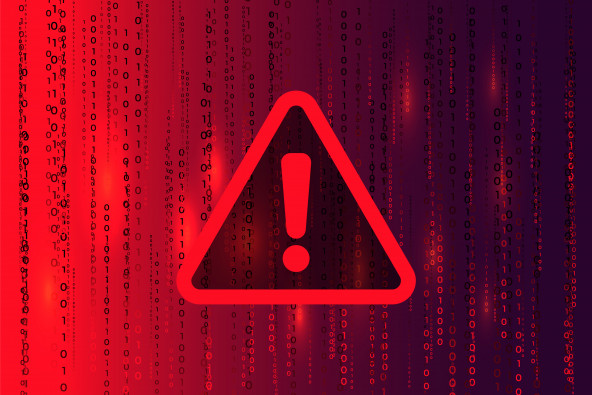The unauthorized burning and copying of media files during working hours using company computers justifies termination without notice BAG 06.07.2015 - 2 AZR 85/15

The plaintiff was born in 1954 and has been employed as a court clerk at the Higher Regional Court since 1992. Among other things, the plaintiff was responsible for IT and took care of the administration of the ADV depot, the ordering of accessories, including CDs and DVDs, as well as the support, maintenance and care of the hardware and software. Following a staff appraisal and an internal business review, the defendant state dismissed the employee without notice with effect from 18.03.2013, or alternatively with effect from 13.05.2013.
The termination was based on the following facts:
During a staff appraisal at the beginning of March 2013, another employee admitted to having occasionally used the court's color printer to print out CD covers during working hours. As part of disciplinary proceedings, it emerged that an average of 11 covers were printed per day.
During the business audit, more than 6400 e-books, audio, video and image files were found on the plaintiff's PC. In addition, programs were installed that were irrelevant to the plaintiff's work. A program for circumventing the manufacturer's copy protection was used around 630 times in one year alone during the plaintiff's employment. By checking the computer, it was possible to prove that over 1100 DVDs were burned in the period from October 2010 to March 2013 alone. During the same period, the same number of blank DVDs were ordered by the court. During further analysis, three external hard disks were found at the beginning of April 2013, which also contained numerous audio files. However, these were deleted, but could later be restored. Two of these hard disks were used exclusively for private purposes, while the other was used partly for private and partly for business purposes. After evaluating the computer and the hard disks, the plaintiff admitted that he had copied these files for himself and others. A few days later, he expressly retracted this statement.
The lower courts upheld the action for unfair dismissal. The reason given was that the plaintiff's actual contribution to the crime was unknown, as other employees were also involved in the pirated copies or at least knew about them. For example, judges and other civil servants had also made use of the plaintiff's "services". Although the Federal Labor Court agreed with the lower courts that not all of the acts may have been committed by the plaintiff himself, he at least participated in them or deliberately facilitated them. Even if the consequences for the other employees involved were less severe, this did not play a role in the ruling. The principle of equal treatment does not apply because the dismissal was for conduct-related reasons. Furthermore, according to the Federal Labor Court, it is also unclear to what extent the different circumstances can be compared with each other in every detail.
The lower courts also criticized the fact that the criminal prosecution authorities were not involved, but only internal investigations were carried out. As a result, there was no comprehensive clarification, which could have led to the exoneration of the plaintiff. The two-week period during which a dismissal for conduct-related reasons must be pronounced following the relevant action was also not suspended by the investigations. In the opinion of the lower courts, the dismissal was issued too late and was therefore invalid. Once again, the Federal Labor Court took a different view. The own investigations were permissible provided they were carried out quickly, which was the case here. The speedy execution also suspended the two-week period pursuant to Section 626 (2) BGB.
According to the plaintiff, the use of the PCs was also permitted for private purposes and he was authorized to take the computer home with him. The defendant state did not object to this. However, the Federal Labor Court was of the opinion that the plaintiff could not conclude from this that burning and copying CDs and DVDs during working hours was permitted. The fact that the IT department was required to help employees with private computer problems also did not justify the mass storage of private content on company hard drives and computers.
As a result, the Federal Labor Court is of the opinion that the breach of trust due to the suspicion of a serious breach of duty justifies termination without notice. The serious breach of duty is given here by the downloading of irrelevant programs and the extensive use of business equipment for private purposes, in particular numerous CD and DVD blanks. The fact that other employees were also involved is initially irrelevant, as the plaintiff at least consciously facilitated the actions. The appeal by the defendant state was upheld and the action for unfair dismissal dismissed. The case was referred back to the Regional Labor Court for further proceedings.
